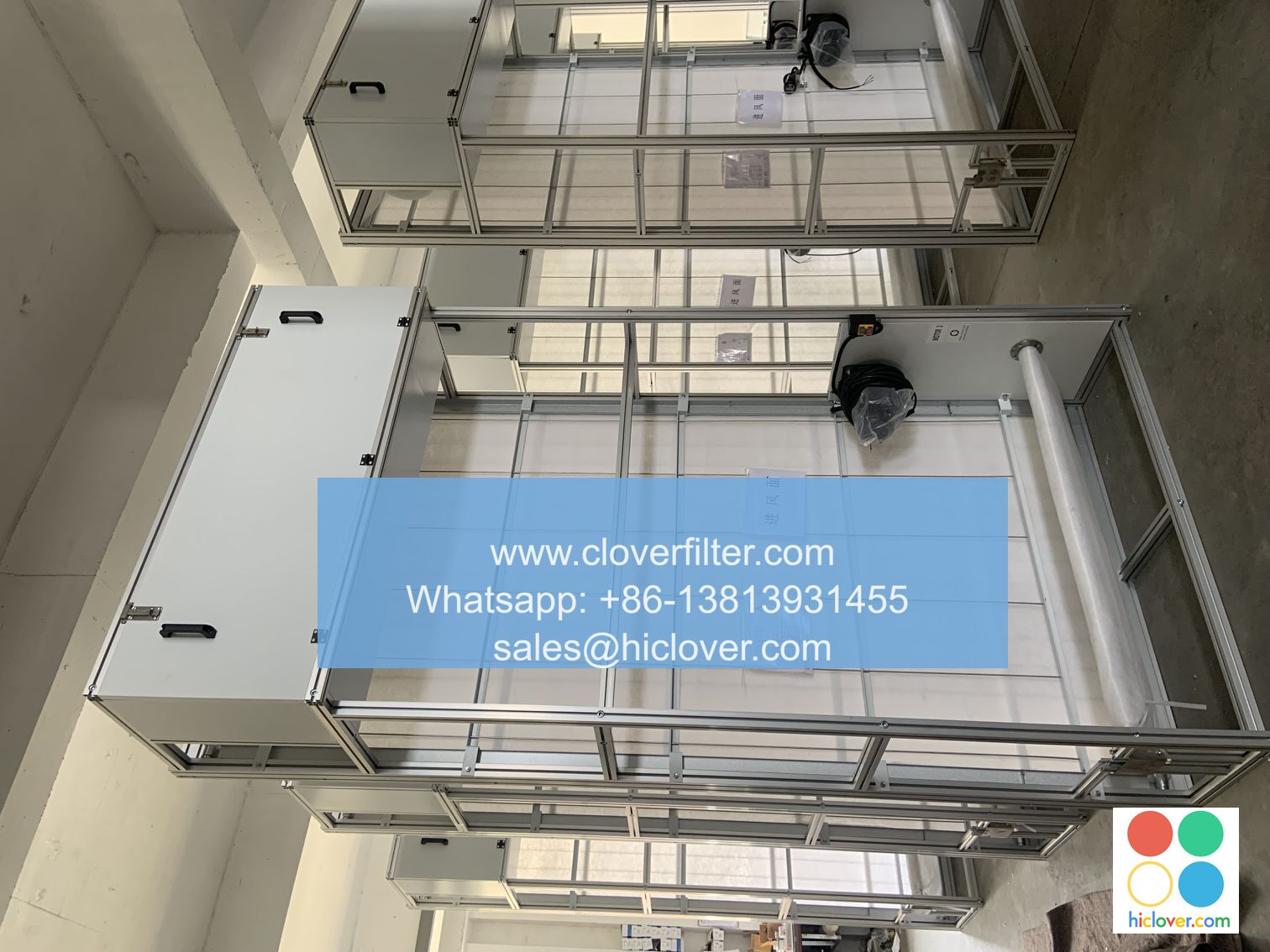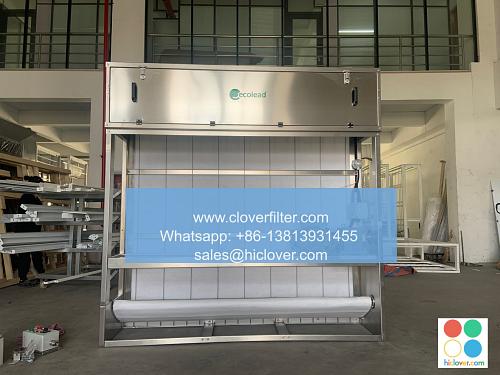The Role of Automatic Roll Air Filters in Preventing Hospital-Acquired Infections in Edmonton

Hospital-acquired infections (HAIs) are a significant concern for healthcare facilities in Edmonton, as they can lead to serious complications, prolonged hospital stays, and even death. One crucial aspect of preventing HAIs is maintaining good indoor air quality. Automatic roll air filters play a vital role in removing airborne pathogens, dust, and other contaminants from the air, thereby reducing the risk of HAIs. In this article, we will explore the importance of automatic roll air filters in preventing HAIs in Edmonton hospitals.
HAIs are infections that patients acquire during their stay in a healthcare facility. These infections can be caused by a variety of factors, including airborne pathogens, contaminated surfaces, and poor hygiene practices. According to the Centers for Disease Control and Prevention (CDC), HAIs affect approximately 1 in 25 hospital patients in the United States, resulting in significant morbidity, mortality, and economic burden. In Edmonton, the situation is similar, with HAIs being a major concern for healthcare facilities.
Airborne pathogens, such as influenza, tuberculosis, and norovirus, can be spread through the air, contaminating surfaces and being inhaled by patients and healthcare workers. Automatic roll air filters are designed to remove these pathogens from the air, reducing the risk of transmission. These filters use a combination of mechanical and electrostatic forces to capture particles as small as 0.3 microns, including bacteria, viruses, and fungi.
The benefits of automatic roll air filters in preventing HAIs are numerous. Firstly, they provide a high level of filtration efficiency, removing up to 99.97% of airborne pathogens. Secondly, they are designed to be low-maintenance, with automatic roll replacement and self-cleaning features. This reduces the risk of human error and ensures that the filters are always functioning at optimal levels. Finally, automatic roll air filters are cost-effective, reducing the need for costly repairs and replacements.
In Edmonton, hospitals are taking steps to implement automatic roll air filters as part of their infection control strategies. For example, the University of Alberta Hospital has installed automatic roll air filters in its operating rooms, patient rooms, and other high-risk areas. The hospital has reported a significant reduction in HAIs since implementing the new filtration system.
In addition to hospitals, other healthcare facilities in Edmonton, such as clinics and long-term care facilities, can also benefit from automatic roll air filters. These facilities often have limited resources and may not have the same level of infection control measures as hospitals. However, by installing automatic roll air filters, they can significantly reduce the risk of HAIs and provide a safer environment for patients and staff.
To ensure the effective use of automatic roll air filters, healthcare facilities in Edmonton must follow proper installation, maintenance, and replacement procedures. This includes regularly checking and replacing the filters, as well as ensuring that the filtration system is properly integrated into the building’s HVAC system. Healthcare facilities must also provide training to staff on the importance of air filtration and the proper use of automatic roll air filters.
In conclusion, automatic roll air filters play a critical role in preventing hospital-acquired infections in Edmonton. By removing airborne pathogens and other contaminants from the air, these filters reduce the risk of transmission and provide a safer environment for patients and staff. As healthcare facilities in Edmonton continue to implement infection control strategies, the use of automatic roll air filters will become increasingly important.
FAQs
Q: What are hospital-acquired infections (HAIs)?
A: HAIs are infections that patients acquire during their stay in a healthcare facility. These infections can be caused by a variety of factors, including airborne pathogens, contaminated surfaces, and poor hygiene practices.
Q: How do automatic roll air filters prevent HAIs?
A: Automatic roll air filters remove airborne pathogens, dust, and other contaminants from the air, reducing the risk of transmission and providing a safer environment for patients and staff.
Q: What are the benefits of automatic roll air filters?
A: The benefits of automatic roll air filters include high filtration efficiency, low maintenance, and cost-effectiveness. They also provide a high level of protection against airborne pathogens, reducing the risk of HAIs.
Q: Can automatic roll air filters be used in other healthcare facilities, such as clinics and long-term care facilities?
A: Yes, automatic roll air filters can be used in other healthcare facilities, such as clinics and long-term care facilities, to reduce the risk of HAIs and provide a safer environment for patients and staff.
Q: How often should automatic roll air filters be replaced?
A: The frequency of replacement depends on the manufacturer’s recommendations and the level of use. However, it is generally recommended to replace automatic roll air filters every 1-3 months or as needed.

